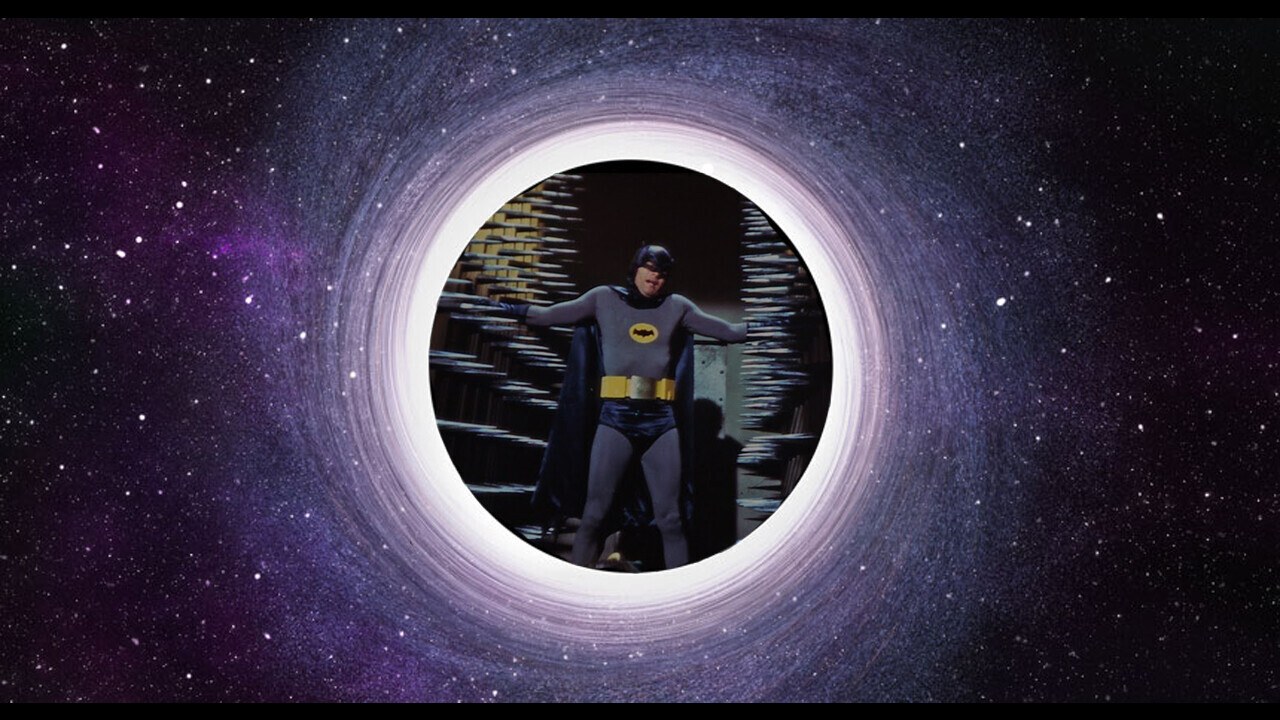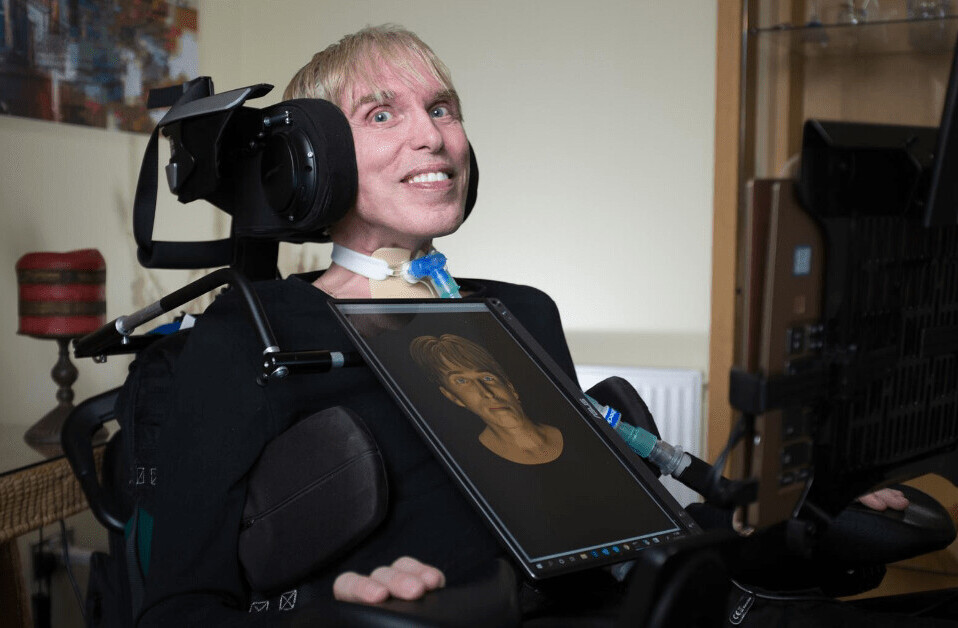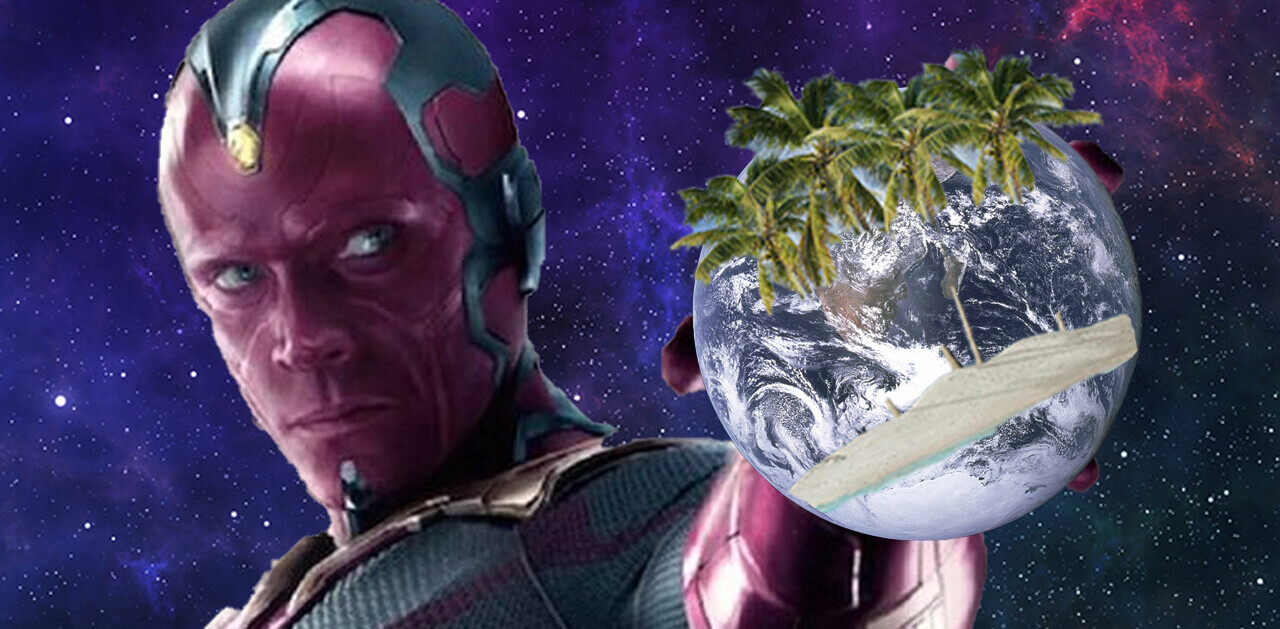
Did you know Neural is taking the stage this fall? Together with an amazing line-up of experts, we will explore the future of AI during TNW Conference 2021. Secure your online ticket now!
Scientists from the University of Sussex recently stumbled upon a startling discovery: black holes emit quantum pressure.
What’s quantum pressure? Nobody’s quite sure, but it’s very exciting!
Up front: To put this discovery into perspective, the last time someone discovered a new mechanical facet of black holes was when Stephen Hawking determined they emit thermal radiation in 1974.
The Sussex researchers were conducting a study on a Schwarzchild black hole – considered the simplest of all black hole types – when they stumbled across a mathematical outlier.
Per a press release:
The serendipitous discovery was made by Professor Xavier Calmet and Folkert Kuipers in the Department of Physics and Astronomy at the University of Sussex.
Calmet and Kuipers were perplexed by an extra figure that was presenting in equations that they were running on quantum gravitational corrections to the entropy of a black hole. … Following further calculations they confirmed their exciting finding that quantum gravity can lead to a pressure in black holes.
Background: Einstein’s theory of relativity doesn’t really cover this. In essence, the Sussex team’s managed to add an extra layer of information to our existing knowledge of black holes.
Between Einstein’s theory of relativity, Hawking’s observations on black hole temperatures, and the new research attempting to define the quantum pressure of black holes, we’re starting to bring the physics of singularities into focus.
Quick take: What we don’t know about black holes could fill an entire universe. It’s long been assumed that nothing, not even light, can escape a singularity. But that assumption may not be able to account for quantum pressure.
Where does quantum pressure come from? How does a black hole – a bunch of matter condensed into a single, infinitely small point – manage to exert pressure as well? How intrinsically related to this measurement of pressure is the thermodynamic radiation of a black hole?
What does this mean for multiverse theories involving ‘white holes‘ in an opposite, parallel universe existing as a mirror reflection of our universe’s black holes? Is the white universe pushing back against our black holes?
We have so many questions!
But this is early work and it’ll take years for other science teams to confirm these results and come up with novel uses for the data.
You can read the entire paper here.
[Related: Immortality or spaghetti? Why parking your spaceship inside a black hole is a huge gamble]
Get the TNW newsletter
Get the most important tech news in your inbox each week.




